Libya stages a "crucial" parliamentary session
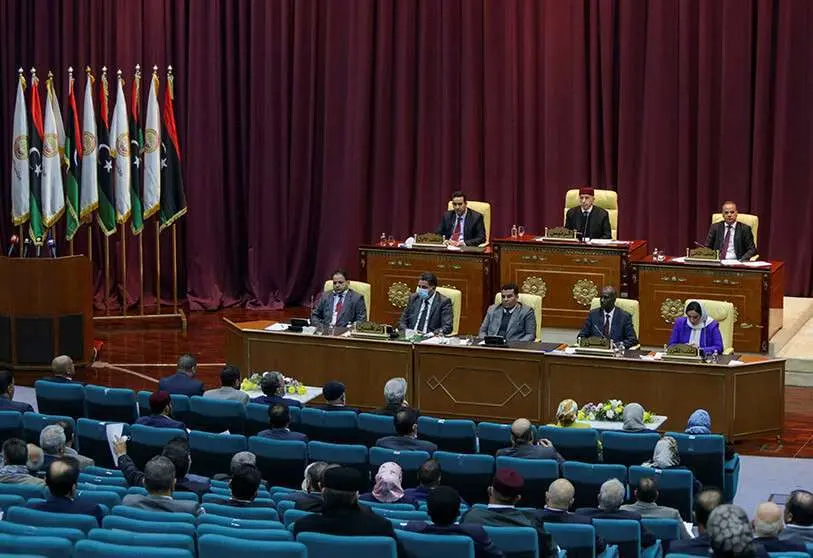
Libya's parliament is preparing to hold a parliamentary session that is described as "crucial". Almost a month after the suspension of the elections that should have been held on 24 December, the country is facing a political scenario that continues to be on a tightrope.
Criticism and attacks against the Government of National Unity (GNA), headed by Abdul Hamid Dbeibé, have continued to grow. The recent corruption cases in which his government has been implicated have not helped to stabilise its policies. Thus, the new parliamentary session is taking place at a time of increasing social tension, with many civilians calling for the government's dismissal, both because of accusations of corruption and because of the recent salary crisis in the army. This latest development comes after the government failed to meet the provisions of Chapter One of the budget, which corresponds to the salaries of army officers.
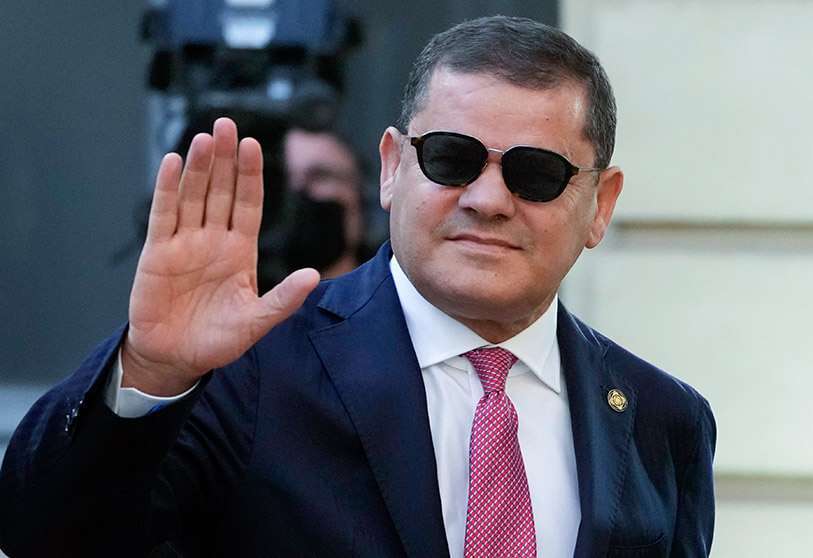
Less than a week ago, the salary crisis flared up again after the army announced the suspension of salaries in the armed forces on Dbeibé's orders. The latter, led by Haftar and backed by Russia, claim that crude oil has "started pumping again" through the National Oil Corporation.
In another instance, Libyan troops who control the "oil crescent", an area rich in oil fields between Tobruk and Sidra, gave the Dbeibé government until Sunday to pay the salaries of the armed forces. If they are not paid, they will stop exporting oil to their respective areas, a threat that puts the government on the ropes.

MP Mohamed al-Abani noted that during the session, "the proposals of the roadmap committee" would be discussed, of which he predicted a major disagreement among lawmakers given the differences of opinion among all parties. On the formation of a new government to lead the next phase, the Libyan MP indicated that it would be discussed, but "in other sessions".
For his part, Ali Al-Takbali, a member of the Defence Committee of the House of Representatives, said that this first session had been "stormy", made even more so by the presence of opponents of the government. Al-Takbali also denounced that the real crisis stems from "the presence of the militias", troops that "must be dismantled" if the country is to achieve real political and social change.
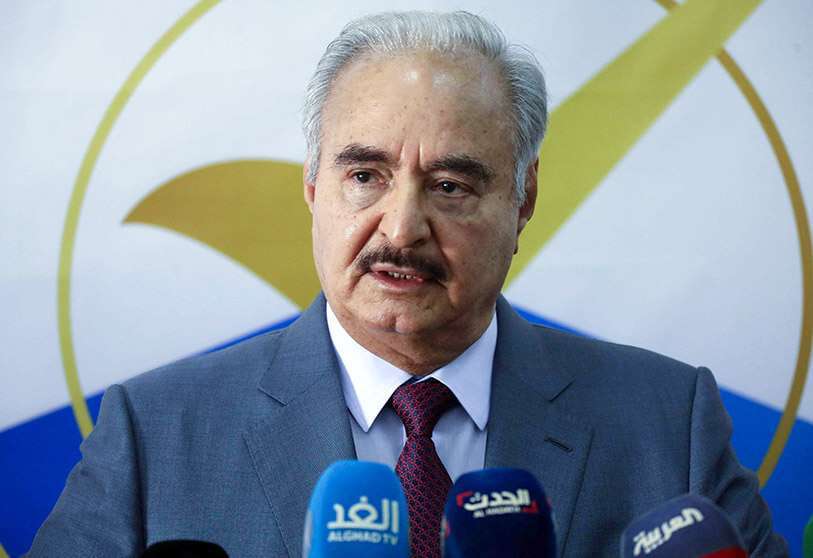
On the other hand, the UN special envoy for Libya, Stephanie Williams, affirmed that establishing a new transitional government in Libya "would not benefit the country's prospects in any way" and defends the creation of institutions in a democratic manner, taking the path of elections.
The Council thus faces a number of challenges that are not easy to tackle. The political crisis facing the country is only one of the main problems facing Libya, which translates into the difficulty of holding elections, something the people have been waiting too long for.
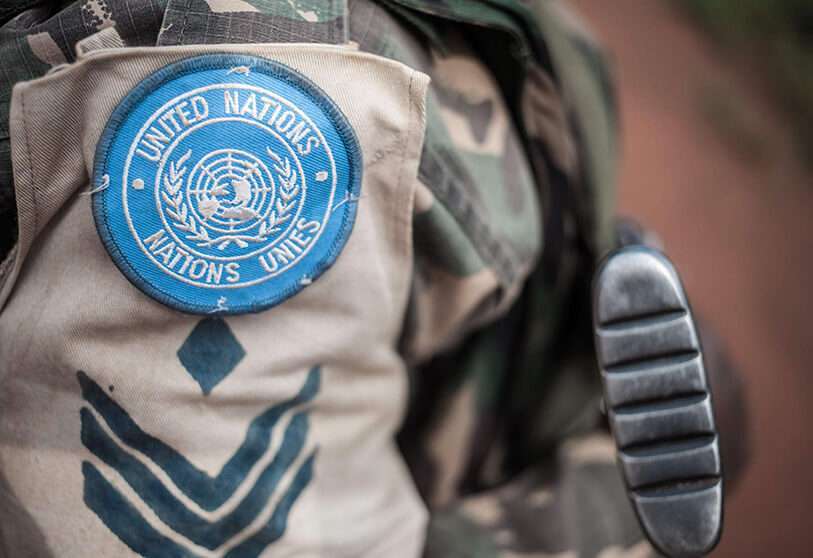
In addition, the social and economic consequences of the civil war are still latent in society. This conflict also had the particularity of having become a sort of "private war", as the mercenaries led a confrontation that has left more than 15,000 wounded and forced more than 140,000 people to flee their homes, according to UN data.
Moreover, Libya's vast resources, especially oil and gas, attracted the attention of foreign powers who decided to get involved in the civil war. Now, as in countries such as Syria, the conflict has turned into a proxy war involving Turkey and Russia.
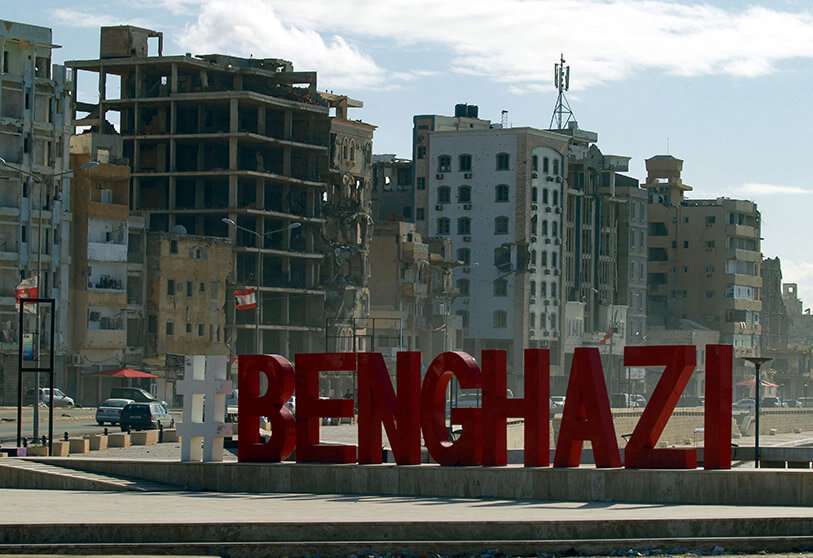
Since the UN announced a ceasefire in Libya last October, Libya has been trying to take historic steps towards a resolution to the conflict, which is now entering its tenth anniversary. In the agreement, signed by the warring factions, they pledged that mercenaries and foreign fighters would leave the country within the next three months, something that has not yet been done.
The suspension of the elections has also dampened the optimism of the population for a democratic Libya.








